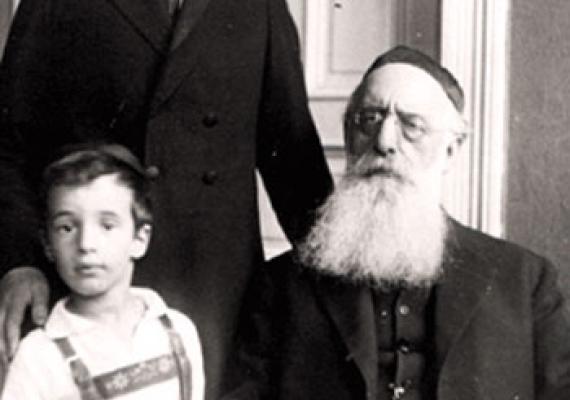New Issue of the Jewish Quarterly Review: Winter 2018
March 6, 2018

JQR 108.1 (Winter 2018)* is now available, featuring:
- Mika Ahuvia and Sarit Kattan Gribetz recover the history of the term “the daughters of Israel” (benot yisra’el), in Second Temple and rabbinic era sources, making the case that the term often signals moments when women act as subjects (rather than objects) of ritual and legal discourse.
- In our free article for this issue, Iris Idelson-Shein offers a close reading of a unique eighteenth-century Yiddish translation of a well-known German Schwankroman, or jest-novel. She argues that the author’s addition of several tales about monstrous creatures reflects early modern anxieties about Yiddish literature as a hybrid genre, formed by the unnatural coupling of separate tongues, literature, cultures, classes, and genders.
- Jonathan Hess reflects on melodrama and victimhood in German Jewish literary treatments of the famous Mortara case, in which an Italian Jewish child was secretly baptized on the brink of death, only to recover and then be removed by officials of the Papal States, to be raised in a monastery.
- In Part 2 of a two-part forum on letters in Jewish intellectual life (Part 1 is here), contributions from Daniel Schwartz, Mirjam Thulin, and Kalman Weiser show how letters by and between scholars reveal both personal and professional struggles at key moments in modern European Jewish history.
- In a review essay, Jeffrey Bernstein writes about how Judaism fares in and after modern philosophies of religion, bringing Leora Batnitzky’s How Judaism Became a Religion together with Sharon Portnoff’s Reason and Revelation before Historicism.
*We link here to the journal’s online distributor Project Muse; article there are available to subscribers and those who have access to subscribing libraries. Log in through your library for institutional access or see jqr.pennpress.org for subscription information.
